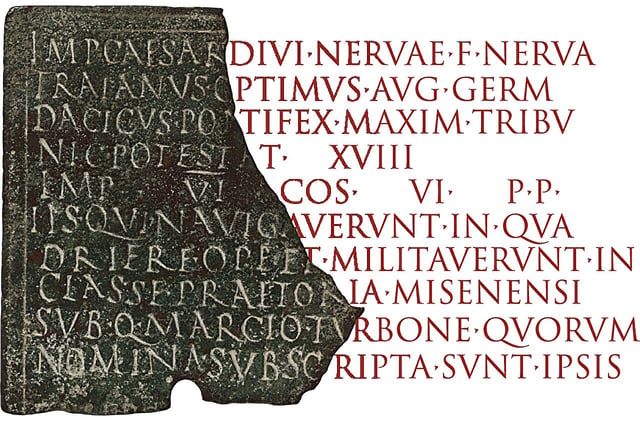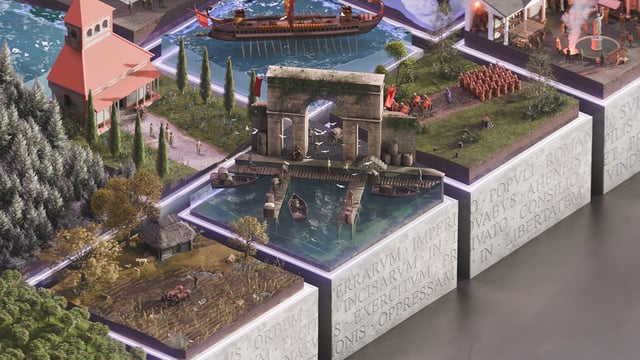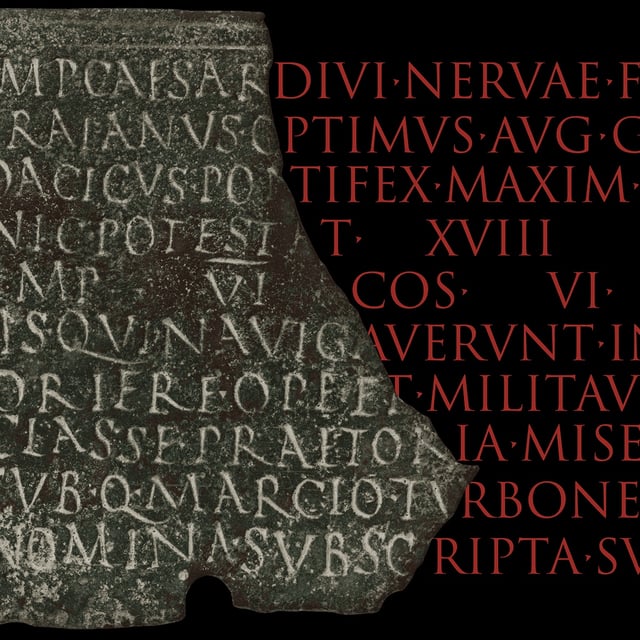Overview
- Aeneas is now publicly accessible to researchers after being co-developed by Google DeepMind and the University of Nottingham.
- A 23-historian trial published in Nature found that Aeneas inspired research ideas for 90% of test inscriptions and improved the accuracy of dating and location estimates.
- The system was trained on over 176,000 Latin inscriptions covering the seventh century BC to the eighth century AD and can instantly retrieve parallels from a specialized database.
- In a Res Gestae Divi Augusti case study, Aeneas mirrored scholarly debate by proposing two probable date ranges based on subtle linguistic cues.
- Researchers aim to extend the model’s framework to other ancient scripts and media to broaden its application in classical studies.



